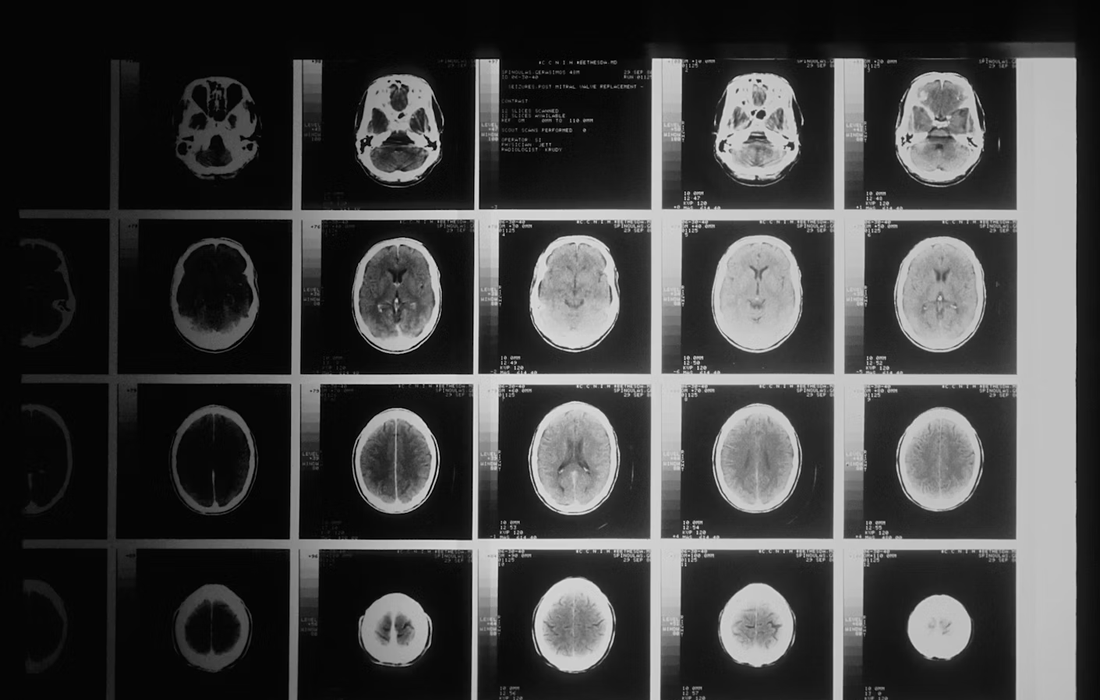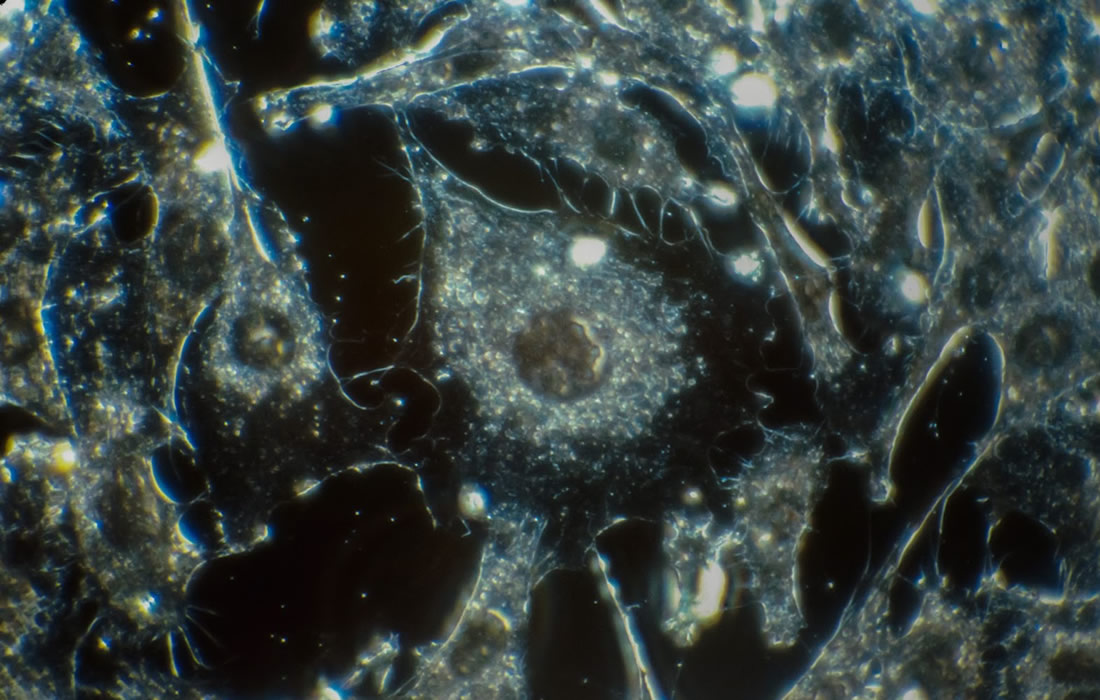A new review of methods to increase chances of successful conception suggests that timed intercourse using urine ovulation tests probably improves live birth and pregnancy rates in women under 40 who had been trying to conceive for less than 12 months, compared to intercourse without ovulation prediction. The review, conducted jointly with researchers from Oxford […]
Category Archives: Regenerative Medicine News and General Information
An LSU Health New Orleans research study led by Siqiong June Liu, PhD, Professor of Cell Biology and Anatomy, has found that cerebellar inhibitory interneurons are essential for fear memory, a type of emotional memory formation. Inhibitory interneurons within the cerebellar circuitry act as gatekeepers and control the output of the cerebellar cortex. The formation […]
IBD is the collective term for Crohn’s disease and ulcerative colitis, two currently incurable conditions which involve excessive inflammation in the gut, causing debilitating symptoms like pain and diarrhea. Researchers have characterized a specialized type of immune cell, which plays a key role in protecting and repairing the cells in the healthy human gut. These […]
Through study findings published Friday in Cell Reports, a team of scientists at VCU Massey Cancer Center discovered a previously unknown interaction between proteins that is responsible for supplying energy to tumor cells and could hold significant implications for the development of future treatments for colon cancer. The potential answer lies within a class of […]
Two graduate students from Western University have developed a ground-breaking method for predicting which intensive care unit (ICU) patients will survive a severe brain injury. Matthew Kolisnyk and Karnig Kazazian combined functional magnetic resonance imaging (fMRI) with state-of-the art machine learning techniques to tackle one of the most complex issues in critical care. The team […]
Investigators found evening ‘chronotype,’ or going to bed late and waking up late, was associated with a 19 percent increased risk of diabetes after accounting for lifestyle factors A new study has an important message for people who consider themselves night owls. Investigators from Brigham and Women’s Hospital, a founding member of the Mass General […]
As many as 5.8 million Americans are currently living with Alzheimer’s disease, a neurodegenerative condition associated with progressive cognitive decline, including loss of memory capabilities . Protein aggregates, composed of beta-amyloid or other proteins, form in the brains of individuals with Alzheimer’s. These beta-amyloid plaques “We uncovered an important immune cell communication axis that is […]
Hidden HIV cells, known as latent infection, are responsible for the virus permanently remaining in the body and cannot be treated by current therapy options. These hibernating, infected cells are the reason why people living with HIV require life-long treatment to suppress the virus. Led by WEHI and The Peter Doherty Institute for Infection and […]
In the journal Angewandte Chemie, a research team has now introduced a completely new approach for treating herpes. Their method is based on the inhibition of an enzyme that is needed for the release of newly formed virus particles from infected cells. The majority of adults carry the instigator of herpes in their bodies because, […]
Obsessive-compulsive disorder (OCD) is a neurological disorder characterized by repeated behaviors such as cleaning and checking despite clear objective evidence of cleanliness, orderliness, and correctness. Although the disease is often mischaracterized as a disorder of “fussiness,” the disorder actually stems from difficulty in processing uncertainty. However, the neural underpinnings of that aberrant processing remains unknown. […]










